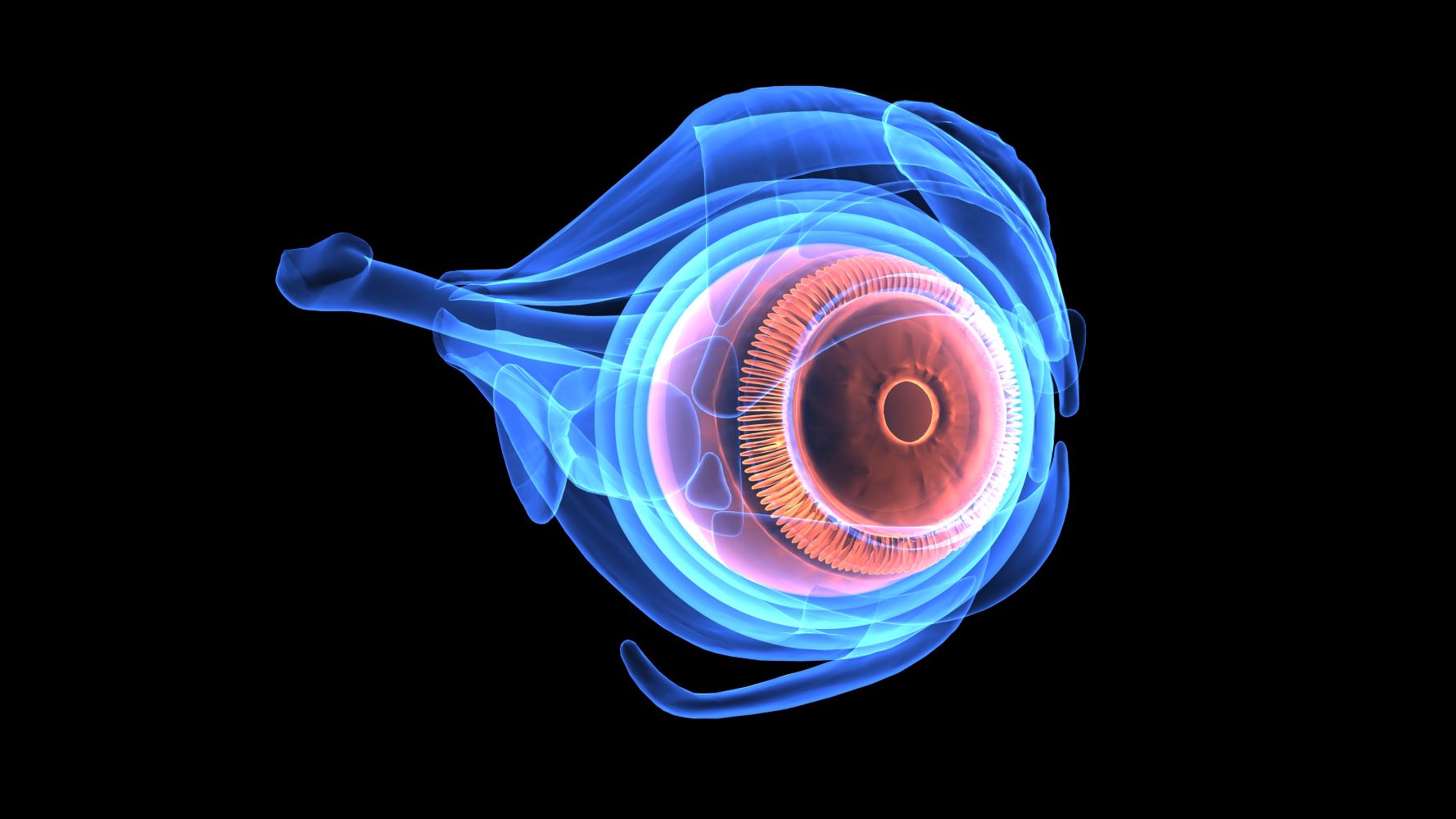Amelioration of proteinuria is one of main treatment targets in patients with glomerulonephritis, yet the remission rates are suboptimal.
To examine the effect of the sodium-glucose transporter 2 inhibitor (empagliflozin) on proteinuria and kidney function progression, in patients with glomerulonephritis not due to diabetic kidney diseases.
Fifty patients were recruited. The entry criteria were diagnosis of glomerulonephritis, and proteinuria (proteinuria ≥ 500 mg⁄g) in spite of the use of the maximal tolerated dose of RAAS blocking agents together with specific immunosuppression treatment regimens. Group 1 (Empagliflozin arm): 25 patients who received 25 mg of empagliflozin once daily for 3 months as add-on to their regular treatment protocol (RAAS blockers and immunosuppression). Group 2 (Placebo arm): 25 patients treated with RAAS blockers and immunosuppression. The primary efficacy endpoints were the change in creatinine eGFR, and proteinuria 3 months after starting treatment.
Progression of proteinuria was lower with empagliflozin as compared to placebo (odds ratio, 0.65; 95% CI, 0.55 to 0.72, p = 0.002). Decline in eGFR was lower with empagliflozin as compared to placebo; however, this was statistically not significant (odds ratio, 0.84; 95% CI, 0.82 to 1.2, p = .31). The percentage change in proteinuria was greater with empagliflozin as compared to placebo (median, – 77 (- 97-105) vs – 48 (- 80-117).
Empagliflozin has a favorable effect on amelioration of proteinuria in patients with glomerulonephritis. Empagliflozin has tendency to preserve kidney function in patients with glomerulonephritis as compared to placebo; however, longer term studies are required.
© 2023. The Author(s).















